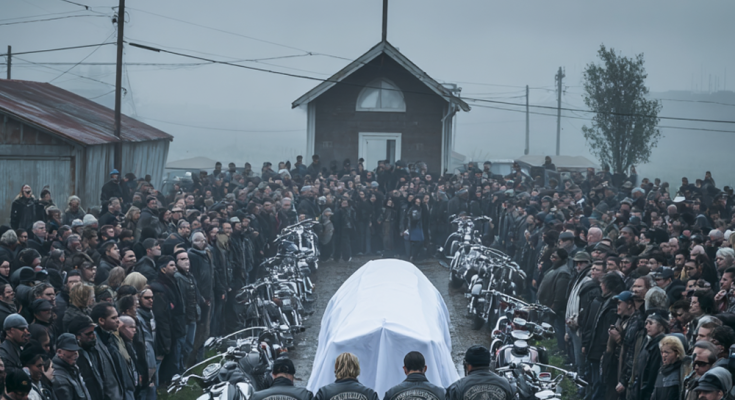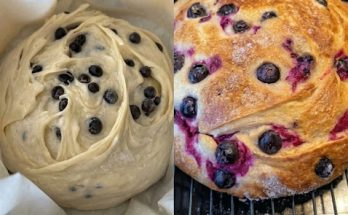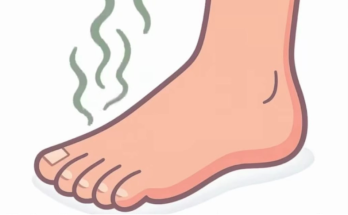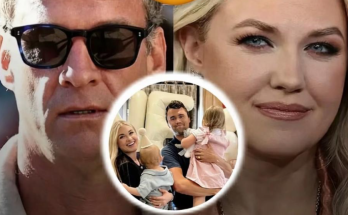That morning was already heavy with grief. My mother clutched a tissue like it was her only anchor, while my brother-in-law sat pale and hollow, running on no sleep.
The service was small and intimate, exactly what my sister Kendra would have wanted—soft music, flowers, and silence.
Then came the sound.
At first, it was faint—like distant thunder. But it grew louder and stronger until the church walls seemed to tremble.
Seventy-five motorcycles rolled in, one after another. Their chrome gleamed in the sunlight as riders dismounted—men and women of all ages, wearing jackets covered in club patches. They didn’t shuffle awkwardly; they moved with calm purpose, as though answering a call.
And every one of us wondered: Why were they here?
Just before the eulogy, one rider stood. Tall, with a gray beard and dark glasses, he introduced himself simply:
“My name’s Doc. Kendra saved my life.”
The room went silent.
He explained that they called her Clutch. She wasn’t a patched member of their club, but she had earned a place in their hearts.
Doc shared how she opened her shop at all hours for stranded riders, how she once rebuilt a carburetor with nothing but a butter knife, but most importantly—how she always showed up. Not just for bikes, but for people.
“If you didn’t know about us,” he said gently to my stunned family, “it’s because she never made it about herself. She just wanted to make things better.”
After the service, the bikers lined up outside, forming a silent corridor leading to the hearse. Their heads bowed, hands resting on their handlebars.
As my mother passed, a tall woman with white braids stepped forward and pressed a small, oil-stained envelope into her hand.
“She wanted you to have this,” she whispered.
Later that evening, my mom opened it. Inside was a note in Kendra’s handwriting:
Tears slid down my mother’s cheeks as she pressed the note to her heart.
That night, I drove out to Kendra’s shop. Behind the building was a mural I’d never noticed:
Two open hands holding a motorcycle engine, with the words:
“Keep moving forward. Fix what you can. Let go of what you can’t.”
The next morning, I returned—and two bikes pulled up. It was Doc and the woman with braids.
Inside, they showed me the back room. It wasn’t just a workshop. It was a refuge. Old chairs, coffee mugs, and photos of Kendra with people who looked broken—but alive.
She had quietly built a network for veterans, ex-cons, and anyone trying to rebuild their lives. She gave them jobs, vouched for them, and helped them find purpose.
“She saved my son,” the braided woman whispered. “She gave him a reason to live again.”
Weeks later, while cleaning, we found paperwork transferring the shop—not to family, but to a young man named Ethan.
“He’s ready,” the note read. “He just doesn’t know it yet.”
At first, Ethan resisted. “I can’t run a shop.”
But the Riders surrounded him. “You won’t do it alone,” Doc said. “Clutch wouldn’t have wanted it any other way.”
Today, the shop has a new sign: Clutch’s Garage — Keep Moving Forward. It’s still greasy, still smells like coffee, but it’s alive—and it’s changing lives every day.
I thought I knew my sister. To us, she was just a mechanic with a love for bikes and music.
But she was more. She was a lifeline for strangers, a quiet force of kindness who never asked for recognition.
Now, whenever I hear the rumble of motorcycles on Route 9, I smile. Because I know she’s still riding—with every engine she touched, and every life she helped rebuild.
She didn’t need a spotlight. She just needed to ride.
And somehow, even after she’s gone, she still is.




